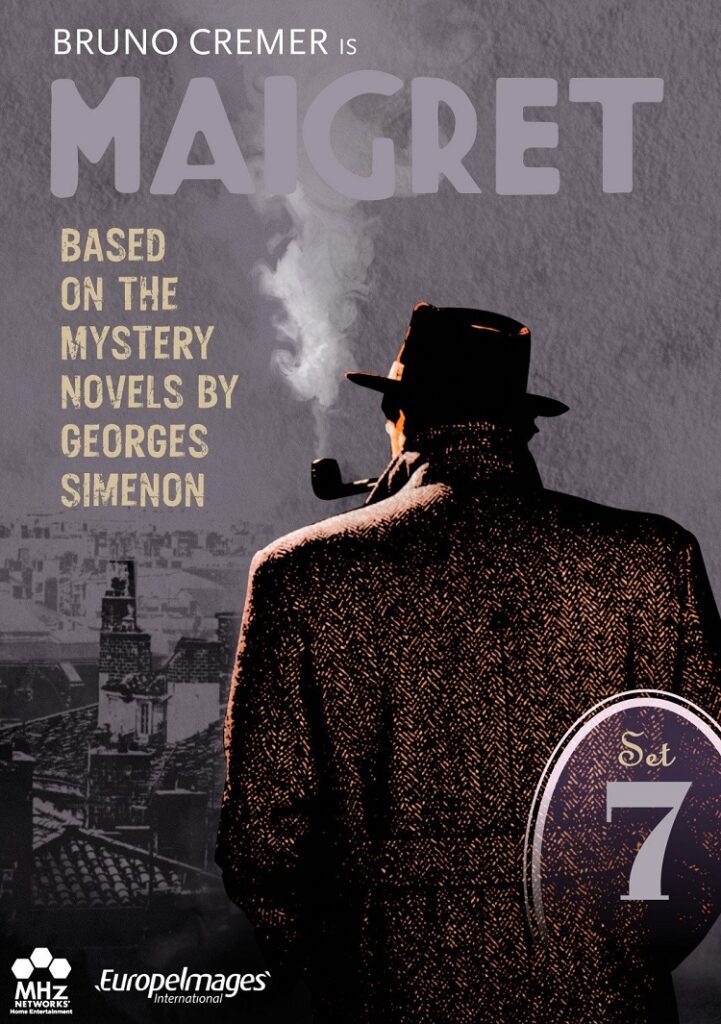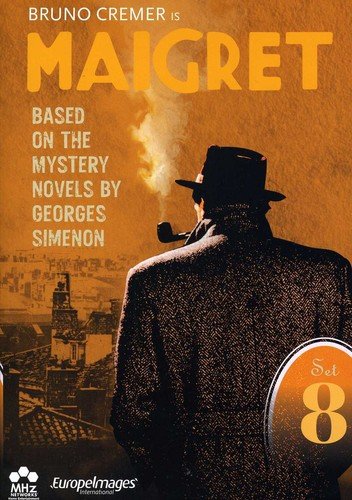
I recently read a discussion on Reddit where a guy was lamenting the fact that his girlfriend preferred Michael Bublé’s version of “Moondance” over the Van Morrison original. The poor fellow was so distraught over the news he was thinking of breaking up with the girl. Many comments ensued. Some said that Bublé had a technically better voice than Morrison (though others counter Van’s got soul!). Different folks noted that Bublé’s version was more modern and that maybe the original sounded a bit dated. But the consensus was that she had heard the Bublé version first, fell in love with the song (for it is a tremendously great song), and even though Van Morrison wrote it and sang the definitive version, her heart would always be with what she heard first and learned.
It seems to me that this is the way it sometimes goes. I often prefer the version of songs I hear first. Almost universally it is agreed that Jeff Buckley’s version of “Hallelujah” is the best one (even beating out the original by Leonard Cohen), but I’ve got a soft spot for K.D. Lang’s version because it was through her voice that I discovered the song. There are lots of songs where I hear the live version first and I wind up finding the studio cut lackluster. In movies how often do you hear that a remake isn’t nearly as good as the original? Etc, and so forth. For whatever reason we often latch on to the version of things that we encounter and find subsequent versions, even if they came first and are generally considered to be better, to be of lesser value.
Enter Bruno Cremer and his French version of the iconic Georges Simenon detective Maigret. Not long ago I reviewed the BBC version of the character starring Michael Gambon, which has instilled Gambon in my mind forevermore as the detective. Though the French series began a year earlier than the British version and lasted eight seasons longer than its cousin across the the English Channel, poor Cremer never stood a chance. I was constantly comparing the two shows and because the British version was watched first, the French version was always being challenged.
This is not to say that the French version doesn’t have its charms. It is very well made, the production values are excellent for series television (though much like the BBC version we rarely catch a glimpse of anything iconically Paris). The acting is good, and the writing fine. I’ve not read any of the books so I cannot say if this version matches the written stories but they do seem to have a very good idea of what they want this Maigret to be, and Cremer completely encompasses the character.

However, the show never really catches a spark. I found it all to be rather dull, if well done in its dullness. About ten minutes before the conclusion of the second episode in Series 7, I had to stop it to put my daughter to bed. Afterwards, I too went under the covers. The next day I completely forgot that I had not seen the conclusion to that episode and put on the next one. It wasn’t until a couple of days later that I remembered I never did discover who the culprit was in Episode 2. But by then I didn’t really care enough to go back and find out. That episode, and both Series 7 and 8 are much the same. I never particularly cared what the solution of each episodes puzzle was. The show simply isn’t all that compelling.
Most of the things that make the typical crime show interesting are either missing or smoothed over so much as to make them only mildly entertaining. Most of the deaths happen off screen or in the corner of things so that the biggest bits of action are hardly noticeable. Cremer’s version of the detective is a man of words, not action, and even then he hardly ever raises his voice. Police work to him seems to be going from place to place asking various people a series of seemingly mundane questions. Then going back to the same people and asking more questions until eventually he arrives at the truth (and the culprit.) That might be good police work, but it makes for some tedious television.
I’m being too harsh. Maigret is perfectly serviceable television. It is the sort of program just made to watch after a hard, long day where you can lay back, tune out, and let the story wash over you without worrying about the details.
Set 7 and 8 each contain six 90-minute episodes. Set 7 includes episodes 37-42: “Maigret and the Wine Merchant,” “Maigret and the Minister,” “Maigret and and the Madman of St. Clothildem,” “Maigret Goes to School,” “Felicie’s House,” and “Maigret and the Princess.” Set 8 includes episodes 43-48: “To Any Lengths,” “Maigret Failure,” “Maigret’s Boyhood Friend,” “Maigret has Scruples,” “Little Pigs Without a Tail,” and “Maigret and the Tramp.”